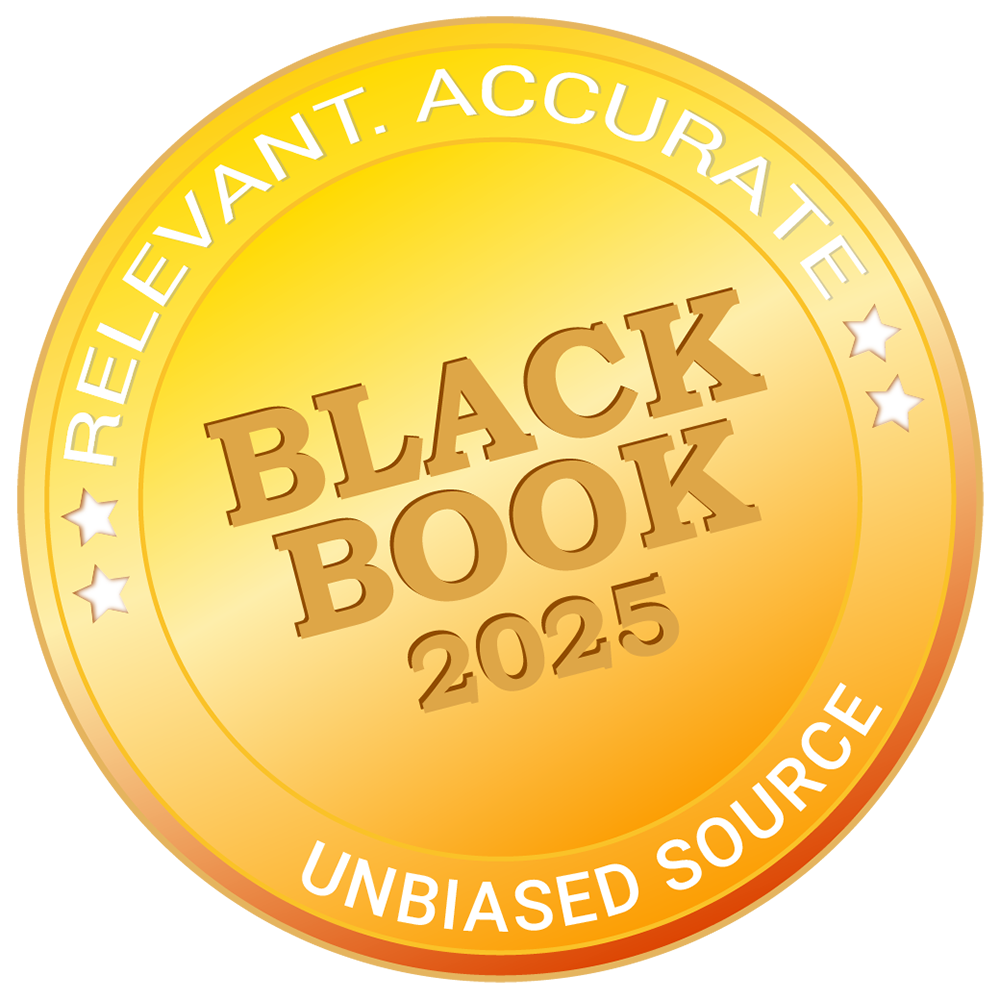Black Book Q3 flash survey highlights how AI-powered payment integrity is reshaping reconciliation and contract optimization.
TAMPA, FL / ACCESS Newswire / August 20, 2025 / Artificial intelligence (AI) is rapidly transforming the economics of value-based care (VBC), according to a new Black Book flash survey. The August 2025 poll collected responses from 108 payer professionals directly responsible for acquiring and managing value-based care software and services. Ninety-four represented organizations with active VBC arrangements, yielding a strong front-line perspective on reconciliation.
The survey confirms that AI-powered payment integrity and contract optimization tools are no longer optional. With more than 45% of U.S. healthcare reimbursement now flowing through value-based models, including 30% in shared or downside-risk contracts, accuracy and trust are defining success.
Flash Survey Results
When asked about the impact of AI in value-based reconciliation, respondents reported:
91% saw measurable reductions in contract disputes.
78% experienced settlement cycles reduced by more than half, from an average of 90 days to under 40 days.
70% reported improved forecasting accuracy for bundled and shared-savings programs.
83% stressed that explainability and auditability of AI outputs are critical to sustaining provider trust.
80% said AI has shifted payment integrity from retrospective reviews to prospective prevention.
Where Payment Integrity Stands Today
Respondents broadly defined payment integrity as ensuring claims are accurate, appropriate, and compliant with contracts and regulations.
93% agreed that moving integrity checks upstream, before payments are disbursed, is the most effective safeguard against overpayments.
87% endorsed AI for fraud, waste, and abuse (FWA) detection, with predictive modeling and anomaly detection ranked as the most effective techniques.
72% identified Emergency Department claims as particularly vulnerable to inaccuracies, with AI-assisted coding audits helping reduce denials.
Top Performing Vendors Identified*
While Black Book does not endorse individual companies, payer professionals surveyed identified several vendors delivering strong results across the payment integrity and VBC contract optimization landscape:
Integrated Suite: Cotiviti + Edifecs (post-merger), cited for end-to-end oversight from prepay accuracy through settlement transparency.
Prepay Integrity: HealthEdge Source, recognized for explainable prepay edits and predictive what-if modeling.
Contract Precision: Cedar Gate, highlighted for actuarial accuracy in complex bundled and capitated arrangements.
Claims Editing Heritage: Lyric (ClaimsXten), noted for longstanding leadership in payment accuracy.
Operational Oversight: ClarisHealth Pareo, valued for consolidating payer payment integrity workflows.
Analytics Depth: Milliman MedInsight, widely adopted among VBC actuarial teams managing reconciliation.
(*Respondents emphasized that the choice often depends on whether a payer prioritizes comprehensive suites or best-in-class niche capabilities.)
Emerging Gaps = Market Share Opportunities
These white spaces represent opportunities for startups to disrupt, scale-ups to expand footprint, and established vendors to consolidate market share.," said Doug Brown, Founder of Black Book Research. "We've seen AI fix the VBC payment basics, now the competitive edge will come from solving what no one else has cracked yet."
While AI is delivering measurable value today, respondents pointed to critical gaps that remain underserved:
Clinical + Claims Fusion: Current tools remain claims-heavy, leaving room for vendors that can combine structured claims with unstructured clinical data.
Real-Time Contract Visibility: Payers want clinicians to see contract implications at the point of care.
Transparent AI: Black-box systems are slowing trust; audit-ready models are in demand.
SDoH Integration: Payment integrity tools have yet to meaningfully account for housing, food, and transport factors that shape outcomes.
Affordable SaaS Models: Regional and provider-sponsored health plans see existing tools as too costly or complex.
Virtual Care Fraud: Telehealth and digital therapeutics present new abuse patterns that existing models don't catch.
Audit Automation: Compliance processes remain manual and resource-heavy, with demand for near-real-time AI-driven audit tools.
"Value-based contracts succeed or fail on whether both sides agree on the math," adds Brown. "Our flash survey shows that payers are embedding AI not only to reduce errors and disputes but to create transparency and trust. Yet the results also highlight important gaps, especially around clinical data integration and real-time decision support, where startups and innovators can step in."
About Black Book Research
Since 2004, Black Book Market Research LLC has independently surveyed healthcare organizations to deliver impartial insights on IT and services vendors. As the industry's only fully agnostic source of comparative vendor intelligence, Black Book does not accept vendor payments, performance plans, or inclusion subscriptions, ensuring payers, providers, and investors access unbiased intelligence to guide technology and services decisions.
For more information and to download gratis stakeholder reports visit www.blackbookmarketresearch.com
Contact Information
Press Office
research@blackbookmarketresearch.com
8008637590
SOURCE: Black Book Research
View the original press release on ACCESS Newswire
